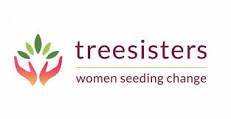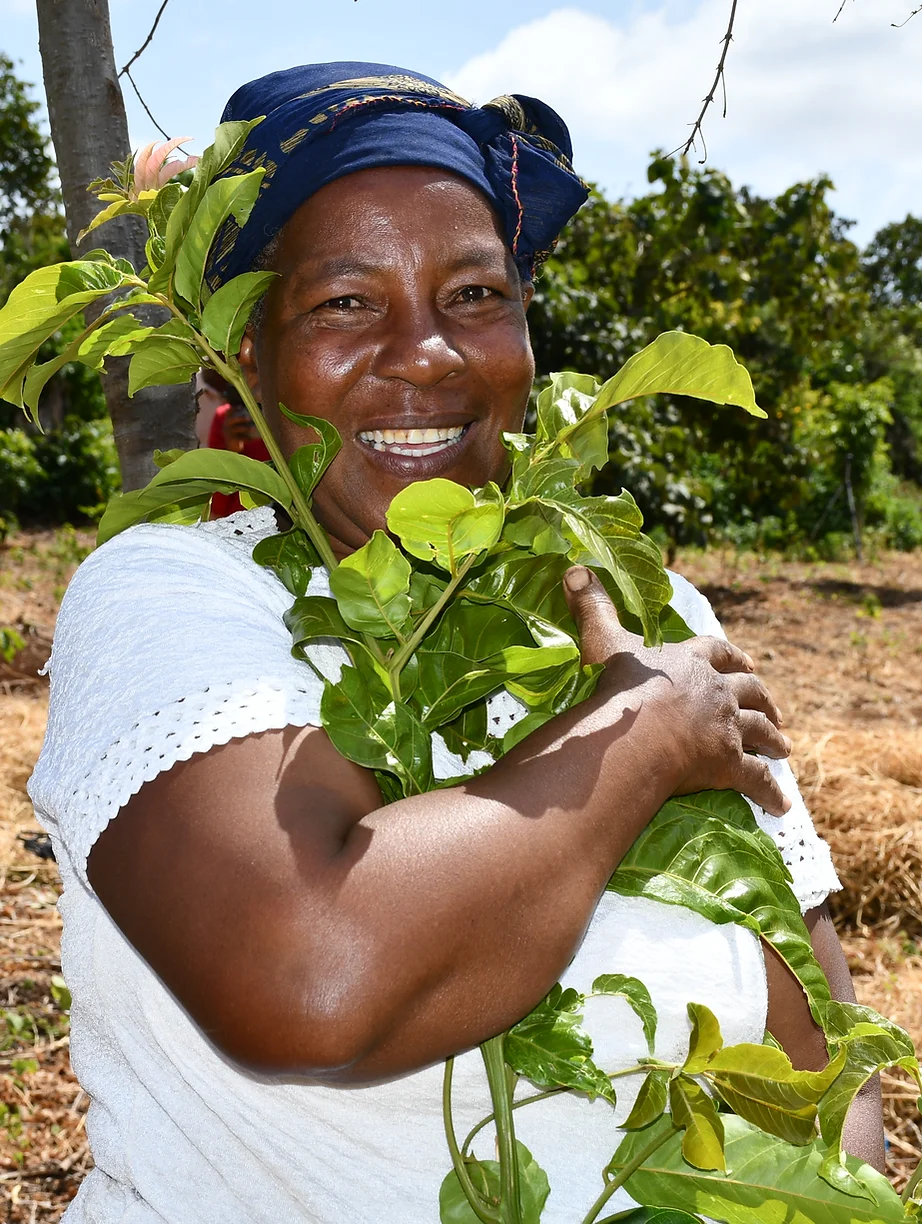Not only do the forest ecosystems provide livelihoods, but their rivers support Kenya's vital economic sectors, including water, hydropower, agriculture, livestock and tourism. By taking a collaborative and participatory approach with local communities and community leaders, the project aims to prevent further deforestation through agroforestry, awareness-raising initiatives and capacity building.
This approach seeks to improve community nutrition and health and increase household savings and income. The project has engaged over 1800 community members in rehabilitation work with a 53% female workforce. The increased income provides the opportunity to send local children to school and encourages more active participation in the decision-making and management of the land, particularly among women.
It also places women as "green agents of change" and at the heart of the reforestation efforts. Planting partner ITF works alongside local organisations to provide women with the necessary training and support and hold workshops on gender equality for both men and women.


